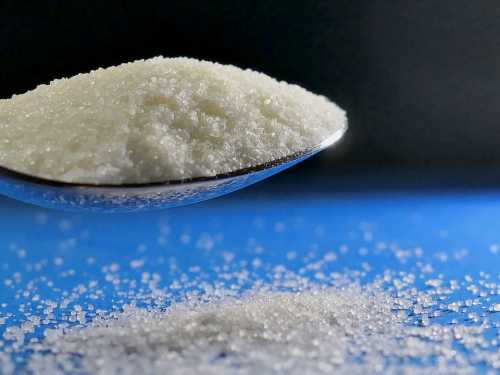
High salt intake may cause inflammation in the brain, which in turn leads to increased blood pressure, according to McGill University researchers who published their findings in the journal Neuron.
The authors of the work note: the brain may be a key link in the development of hypertension, especially its resistant forms that do not respond to standard treatment methods.
Hypertension remains a major health threat, affecting two-thirds of people over 60 years of age and causing 10 million deaths worldwide each year. Until now, the disease was thought to be primarily associated with the kidneys and blood vessels, and existing drugs target these. However, about a third of patients do not respond to such therapy.
To mimic typical human eating habits, rats were given water with a two percent salt content—the equivalent of a daily diet rich in fast food, sausages, and processed foods. The researchers recorded activation of immune cells in a specific area of the brain, inflammation, and increased levels of vasopressin, a hormone that increases blood pressure. These processes were tracked using modern imaging and analysis techniques.
According to the authors, the brain as a source of hypertension has long remained in the shadows due to the difficulty of studying it. Now that its direct role has been shown, prospects open up for the development of new therapeutic approaches that will act on mechanisms in the brain and can help patients with resistant forms of the disease.





